Cybersecurity Careers: A Field Built on Diverse Talents
When I started my journey into cybersecurity during my undergraduate studies in computer science, I was captivated by the world of ethical hacking. The idea of outsmarting bad actors to protect organizations and individuals was thrilling. But it wasn’t until I entered the workforce that I realized cybersecurity was so much more than just coding, hacking, and firewalls.
My time working with one of the Big Four firms and later at the largest university hospital in Pakistan opened my eyes to the vastness of this field. It’s not just about technology; it’s about people, processes, and a whole lot of problem-solving. I remember collaborating with cross-functional teams—legal, physical security, IT, you name it—and even sitting in on discussions about data protection laws with the office of general counsel. I had to understand the UK's data protection requirements, translate them into actionable steps, and ensure everyone was on board. Let me tell you, it was like learning a new language!
On some occasions, I worked alongside healthcare teams to help them understand why certain security controls mattered. It wasn’t about “forcing” security on them; it was about aligning everyone around a shared goal: protecting what matters most. Those were the moments that solidified for me that cybersecurity isn’t a solo endeavor—it’s a team sport.
I quickly realized that while technical skills are great, they aren’t the only skills that matter in cybersecurity. This field thrives on collaboration, communication, and creativity. We need people who can build bridges between departments, connect the dots, and turn complex problems into practical solutions.
Career Options and Paths in Cybersecurity
One of my favorite things about cybersecurity is how diverse the career paths are. Whether you’re a tech wizard, a storyteller, or someone who loves strategy, there’s a role for you. Here’s a sneak peek into some of the options:
Technical Roles
Penetration Tester (a.k.a. ethical hacker extraordinaire)
Security Engineer (keeping systems locked down)
Incident Response Analyst (basically the firefighter of cybersecurity)
Strategic Roles
GRC Specialist (Governance, Risk, and Compliance, if you love structure)
Chief Information Security Officer (leading the charge)
Policy Advisor (making the rules and ensuring they stick)
Analytical Roles
Threat Intelligence Analyst (spying on the bad guys—legally)
Vulnerability Management Specialist (finding and fixing weaknesses)
Risk Management Specialist (helping organizations stay ahead of risks)
Cybersecurity Risk Auditor (assessing compliance and ensuring controls are in place)
Creative and Communication Roles
Awareness Trainer (teaching people how not to fall for phishing scams)
Technical Writer (translating geek-speak into English)
Research Roles
Emerging Technology Analyst (staying ahead of trends)
Threat Intelligence Researcher (diving deep into the bad actor playbook)
Hybrid Roles
Privacy Specialist (protecting data like a pro)
Third-Party Risk Manager (vetting vendors to avoid surprises)
Cloud Security Consultant (securing the skies—well, the virtual ones).
Why Cybersecurity Needs You
Here’s the thing: cybersecurity isn’t just for coders or engineers. It’s for anyone who loves solving puzzles, communicating ideas, and working in a team. The field is growing like crazy, and there’s space for people from all walks of life. Whether you’re analyzing threats, building awareness campaigns, or working on compliance, your skills can make an impact.
Let’s not forget the rise of Artificial Intelligence (AI). AI is a game-changer, helping us predict vulnerabilities, analyze data, and respond to incidents faster than ever. It’s revolutionizing how we approach cybersecurity, but it’s not without risks. Just as AI can strengthen defenses, it can also be weaponized by bad actors—automating phishing attacks, generating convincing deepfakes, or bypassing traditional security measures. The same tools that help us protect can also be turned against us, making it critical to stay vigilant and understand AI’s dual nature. If you’re curious about how AI is shaping cybersecurity—for better or worse—this could be your niche!
Final Thoughts
Cybersecurity is a journey, not just a destination. You don’t need to have it all figured out on day one—or even day 1,000. What matters is your willingness to learn, grow, and take the leap.
If you’ve ever wondered whether cybersecurity is the right field for you, let me just say this: it is. Whether you’re technical or not, there’s a role waiting for you. And if you’re still unsure, let’s talk. I’m always happy to chat about career options, share my experiences, and help you find your path.
So, take that leap. You’ve got this—and if you need a nudge, I’m here for you. Let’s secure the future together!
Maliha
Disclaimer: The content on this blog and website reflects a combination of my personal experiences, perspectives, and insights, as well as interviews and contributions from other individuals. It does not represent the opinions, policies, or strategies of any organization I am currently affiliated with or have been affiliated with in the past. This platform serves as a personal space for sharing ideas, lessons learned, and meaningful reflections.


